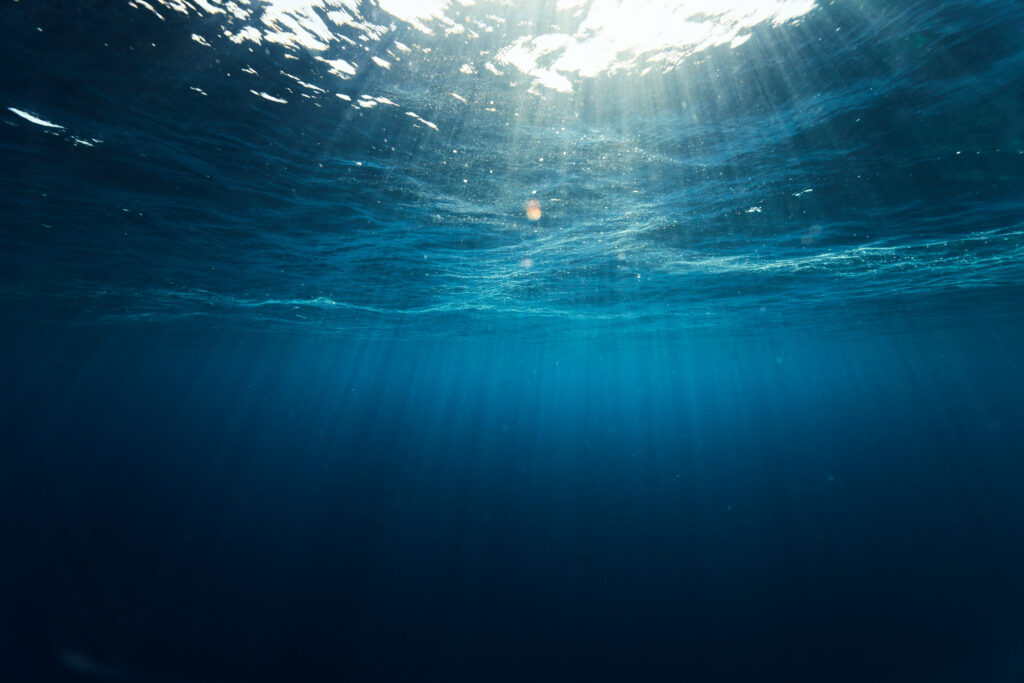
The European Commission Joint Research Centre, which co-chairs the Technical Group on Marine Litter (TGML) of the Marine Strategy Framework Directive (MSFD) , has recently published the new edition of the Guidance on the Monitoring of Marine Litter in European Seas, the previous version of which was published in 2013.
The new Guidance provides protocols for marine litter monitoring based on research advances and efforts of Member States to improving data comparability and understanding the impact of marine litter on the sea environment. Moreover, as compared to the previous edition, methodological recommendations and advises for Member States on how to sample, analyse and record marine litter have also been included, thus providing an actual support in the design and implementation of monitoring programmes under the MSFD.
Worthy of note is the participation of the National Oceanographic Data Centre (NODC) of the National Institute of Oceanography and Applied Geophysics (OGS) which has contributed to drafting the above recommendations. In particular, the Centre was involved in improving aspects related to FAIRness of marine litter data, Findability, Accessibility, Interoperability and Reusability, in order to obtain a harmonized and comparable data management among all EU countries. Over the years, it has been recognized that a common approach to marine litter monitoring is a fundamental prerequisite to reach these goals. Moreover, harmonized and validated monitoring protocols and data management plans are essential to take prompt and effective decisions to mitigate marine pollution.
The importance of the new guidelines for protecting and improving the health and cleanliness of our seas is such that the new Guidance has been included in the Ocean Best Practices System Repository: a permanent digital archive maintained by the International Oceanographic Data and Information Exchange (IODE) of the Intergovernmental Oceanographic Commission (IOC) of UNESCO, which provides a secure and open-access repository of community best practices in ocean-related sciences.

